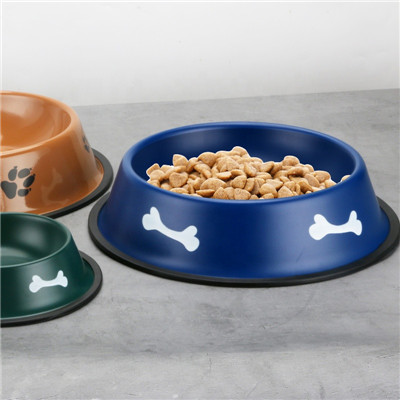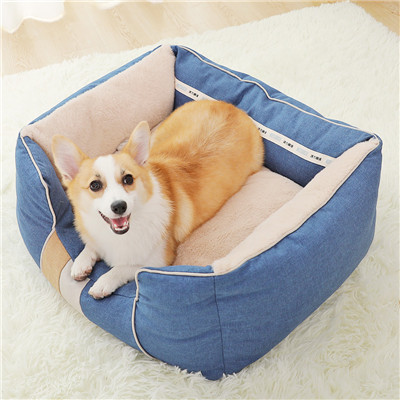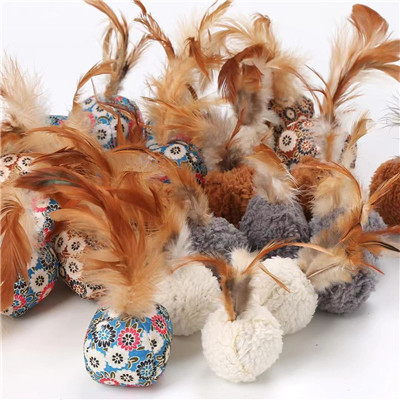How to do a good job in pet health care?
There are alternating exchanges throughout the year. Every season has an idea. People who keep pets at home should have special ideas. In spring, everything recovers, the sun is shining, and the weather gets warmer. Many owners will let their pets “basking” in the sun. Bad breath accumulates in winter, but long-term exposure to the sun can cause great damage to the dog’s skin, and strong ultraviolet rays can burn the dog’s skin. Therefore, shading is the first step in the spring regimen. When the sun is strong, try to use cloth curtains to block the sun. If it is outdoors, dress the dog. This season is also an active period for fleas. Cats and dogs often go to outdoor lawns, and fleas have a chance to attach to it, so do a good job of cleaning during this time. Protect the parasite before it starts to move. Bacteria are also particularly active at this time. Respiratory diseases are the main cause of spring and are mainly spread through close contact between people and pets. Children, especially children, often lick their hands after playing with dogs. These are all direct means of transmission. Therefore, preventive measures must be taken.
The summer is hot and pets have abnormal temperaments, so pay attention to cooling down. As the temperature rises, pets’ metabolism slows down and they become picky eaters, causing nutritional problems and even physical decline. Owners need to adjust their pet’s diet and replace sugar-rich foods with protein and vitamin foods. Water is an essential substance for animals. As the temperature continued to rise, the pet drank more water. Adequate and clean water sources must be ensured, and pet food utensils must be cleaned frequently to prevent the growth of bacteria. Thick hair is the natural enemy of pets in summer. Go to the pet grooming shop and cut some hair, but not too much. Cats and dogs only have sweat glands on their paw pads. To help them dissipate heat through sweat glands, care should be taken to trim the hair near the paw pads. Many owners see their pets feeling uncomfortable, so they keep them in air-conditioned rooms. In fact, this is a very unwise choice. According to statistics from the pet hospital, most of the dogs who come to the hospital in summer are “air-conditioning sickness.” Sun protection is something to pay attention to in summer. Proper sunlight exposure can promote the absorption of calcium by pets. However, long-term exposure to high temperatures and scorching sun will not only cause changes in coat color and skin cancer, but also cause sun exposure and pet exposure. Irritability, loss of appetite, increased drinking, flushing of eyes, mouth breathing, elevated body temperature, until death from shock.
After the hot summer enters the cool autumn, the dog will show fatigue, so pay attention to provide nutrition in time. The autumn is high and fresh, and the owner should take the pet out for a walk every day to increase the amount of exercise. The dog will be very excited and the appetite will gradually increase. Like spring, shopping in autumn is more prone to hair loss. This is the moulting stage, and the owner should pay attention to the cleanliness of the hair. The climate is getting colder and pets are prone to catch colds, so pay special attention after bathing. Especially for puppies, old dogs, and indoor dogs, wipe off the water and keep warm to prevent colds. In addition, this period is also prone to canine distemper. The initial symptoms are similar to those of a cold, so you must not take it lightly.
In winter, dogs are susceptible to cold air attack due to low temperatures, or poor management, poor cold and warm measures, causing colds, severe cases will secondary to respiratory diseases such as pneumonia and bronchitis. Effective preventive measures are to move the outdoor kennel to the root of the wall leeward to the sun, and hang thick curtains at the dog’s entrance to prevent wind intrusion. At the same time, we must prevent the occurrence of infectious diseases and do a good job of vaccination and vaccination. Deworming.




